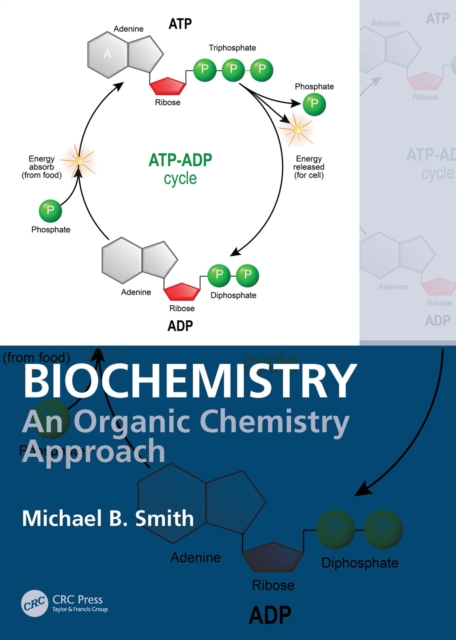
Biochemistry : An Organic Chemistry Approach EPUB
by Michael B. Smith
EPUB
Description
"There is a continuing demand for up to date organic & bio-organic chemistry undergraduate textbooks. This well planned text builds upon a successful existing work and adds content relevant to biomolecules and biological activity".
-Professor Philip Page, Emeritus Professor, School of Chemistry University of East Anglia, UK
"Introduces the key concepts of organic chemistry in a succinct and clear way".
-Andre Cobb, KCL, UK
Reactions in biochemistry can be explained by an understanding of fundamental organic chemistry principles and reactions. This paradigm is extended to biochemical principles and to myriad biomolecules.
Biochemistry: An Organic Chemistry Approach provides a framework for understanding various topics of biochemistry, including the chemical behavior of biomolecules, enzyme activity, and more. It goes beyond mere memorization. Using several techniques to develop a relational understanding, including homework, this text helps students fully grasp and better correlate the essential organic chemistry concepts with those concepts at the root of biochemistry. The goal is to better understand the fundamental principles of biochemistry.
Features:
- Presents a review chapter of fundamental organic chemistry principles and reactions.
- Presents and explains the fundamental principles of biochemistry using principles and common reactions of organic chemistry.
- Discusses enzymes, proteins, fatty acids, lipids, vitamins, hormones, nucleic acids and other biomolecules by comparing and contrasting them with the organic chemistry reactions that constitute the foundation of these classes of biomolecules.
- Discusses the organic synthesis and reactions of amino acids, carbohydrates, nucleic acids and other biomolecules.
Information
-
Download - Immediately Available
- Format:EPUB
- Pages:472 pages
- Publisher:CRC Press
- Publication Date:27/04/2020
- Category:
- ISBN:9781351258067
Other Formats
- PDF from £99.00
Information
-
Download - Immediately Available
- Format:EPUB
- Pages:472 pages
- Publisher:CRC Press
- Publication Date:27/04/2020
- Category:
- ISBN:9781351258067






